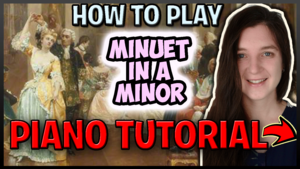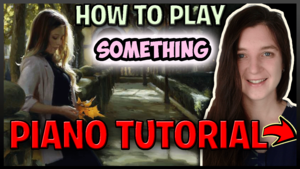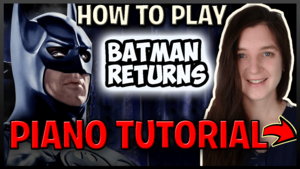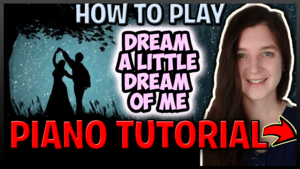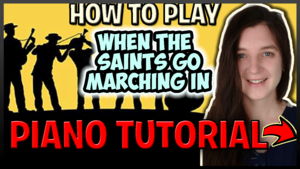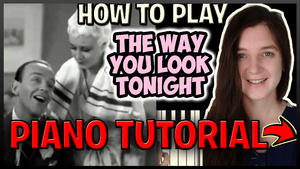
My Immortal
by Evanescence
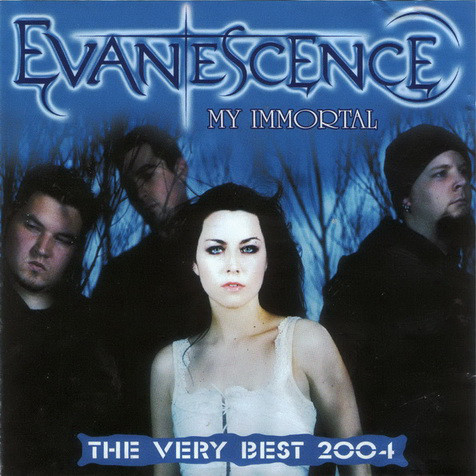
" My Immortal " is a song by American rock band Evanescence from their debut studio album, Fallen (2003). It was released by Wind-up Records on December 8, 2003, as the third single from the album. An alternative version appears on the band's fourth studio album Synthesis (2017). The song was written by guitarist Ben Moody, lead singer Amy Lee and keyboardist David Hodges, and it was produced by Moody and Dave Fortman. Various versions of "My Immortal" were recorded; one of them was included on the demo album Origin (2000) and another on the EP release Mystary (2003). The version originally appearing on Origin was later included on Fallen, featuring piano with backing strings. The version of the song released as a single was dubbed the "band version" because of the complete band's performance of the bridge and final chorus of the song.
"My Immortal" is a piano power ballad with a slow tempo. Lyrically, it talks about "a spirit staying with you after its death and haunting you until you actually wish that the spirit were gone because it won't leave you alone." Critical reception towards the song was positive, with critics complimenting its piano melody. In 2005 it received a nomination for Best Pop Performance by a Duo or Group with Vocals at the 47th Grammy Awards.
[video width="640" height="360" mp4="https://www.easypianoonline.com/wp-content/uploads/2020/06/MyImmortal.mp4"]
Lyrics
My Immortal
I'm so tired of being here
Suppressed by all my childish fears
And if you have to leave
I wish that you would just leave
'Cause your presence still lingers here
And it won't leave me alone
These wounds won't seem to heal, this pain is just too real
There's just too much that time cannot erase
When you cried, I'd wipe away all of your tears
When you'd scream, I'd fight away all of your fears
And I held your hand through all of these years
But you still have all of me
You used to captivate me by your resonating light
Now, I'm bound by the life you left behind
Your face it haunts my once pleasant dreams
Your voice it chased away all the sanity in me
These wounds won't seem to heal, this pain is just too real
There's just too much that time cannot erase
When you cried, I'd wipe away all of your tears
When you'd scream, I'd fight away all of your fears
And I held your hand through all of these years
But you still have all of me
I've tried so hard to tell myself that you're gone
But though you're still with me, I've been alone all along
When you cried, I'd wipe away all of your tears
When you'd scream, I'd fight away all of your fears
And I held your hand through all of these years
You still have all of me, me, me
Songwriters: Ben Moody / David Hodges / Amy Lee

Look to The Stars
by Hans Zimmer
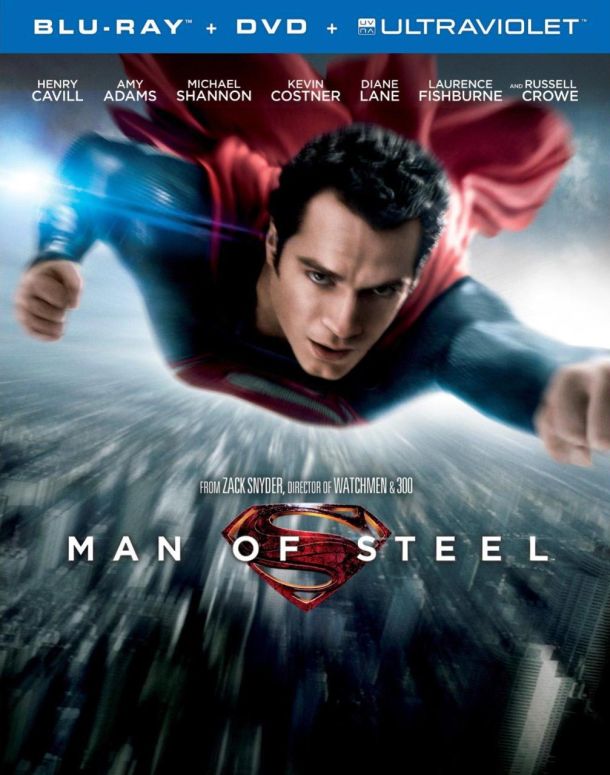
" Look To The Stars " is the soundtrack to the Man of Steel, composed by Hans Zimmer. It was released on June 11, 2013 by WaterTower Music. The exclusive deluxe edition of the album contains six bonus tracks, entitled "Are You Listening, Clark?", "General Zod", "You Led Us Here", "This Is Madness!", "Earth" and "Arcade".
Hans Zimmer initially denied popular rumours that he would be composing the film's sound-track. However, in June 2012, it was confirmed that Zimmer would in fact be writing the film's musical score. To completely distinguish Man of Steel from the previous films, the iconic "Superman March" by John Williams is not heard.
[video width="640" height="360" mp4="https://www.easypianoonline.com/wp-content/uploads/2020/06/LookToTheStars.mp4"]

Let's Go Fly A Kite
by Richard And Robert Sherman
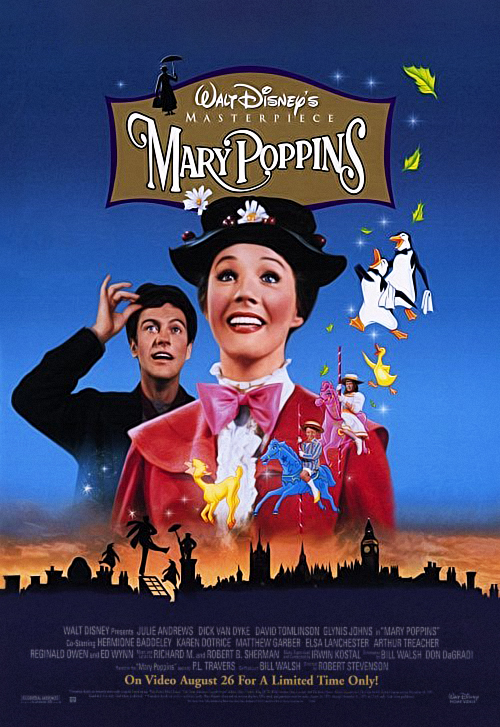
" Let’s Go Fly A Kite " is a song from Walt Disney's 1964 film Mary Poppins, composed by Richard M. Sherman and Robert B. Sherman. This song is heard at the end of the film when George Banks (played by David Tomlinson), realizes that his family is more important than his job. He mends his son's kite and takes his family on a kite-flying outing. The song is sung by Tomlinson, Dick Van Dyke and eventually the entire chorus.
In keeping with Mr Banks's change in character, this song was pre-recorded, and thus sung normally, by Tomlinson, rather than in his previous talk-singing in the Rex Harrison style, seen earlier in "The Life I Lead." This musical number also appears in the Sing Along Songs series of Disney videos.
[video width="640" height="360" mp4="https://www.easypianoonline.com/wp-content/uploads/2020/06/LetsGoFlyAKite.mp4"]
Lyrics
Let’s Go Fly A Kite
With tuppence for paper and strings
You can have your own set of wings
With your feet on the ground
You're a bird in a flight
With your fist holding tight
To the string of your kite
Oh, oh, oh!
Let's go fly a kite
Up to the highest height!
Let's go fly a kite and send it soaring
Up through the atmosphere
Up where the air is clear
Oh, let's go fly a kite!
When you send it flyin' up there
All at once you're lighter than air
You can dance on the breeze
Over 'ouses and trees
With your first 'olding tight
To the string of your kite
Oh, oh, oh!
Let's go fly a kite
Up to the highest height!
Let's go fly a kite and send it soaring
Up through the atmosphere
Up where the air is clear
Oh, let's go fly a kite!
Songwriters: Richard Sherman / Robert Sherman

[xyz-ihs snippet="NavigationLinksBlock-Common"]
Killing Me Softly
With His Song
by Charles Fox
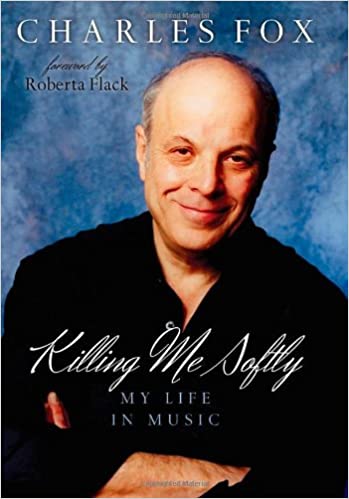
" Killing Me Softly With His Song " is a song composed by Charles Fox with lyrics by Norman Gimbel. The lyrics were written in collaboration with Lori Lieberman after she was inspired by a Don McLean performance in late 1971. Lieberman released her version of the song in 1972, but it did not chart. In 1973 it became a number-one hit in the United States and Canada for Roberta Flack, also reaching number six in the UK Singles Chart. The song has been covered by many artists; the version by Fugees won the 1997 Grammy for Best R&B Performance by a Duo or Group with Vocal.
[video width="640" height="360" mp4="https://www.easypianoonline.com/wp-content/uploads/2020/06/KillingMeSoftlyWithHisSong.mp4"]
Lyrics
Killing Me Softly With His (Her) Song
And so I came to see her and listen for a while.
And there she was this young girl, a stranger to my eyes.
Strumming my pain with her fingers,
Singing my life with her words,
Killing me softly with her song,
Killing me softly with her song,
Telling my whole life with her words,
Killing me softly with her song
I felt all flushed with fever, embarrassed by the crowd,
I felt she found my letters and read each one out loud.
I prayed that she would finish but she just kept right on.
Strumming my pain with her fingers,
Singing my life with her words,
Killing me softly with her song,
Killing me softly with her song,
Telling my whole life with her words,
Killing me softly with her song.
She sang as if he knew me in all my dark despair
And then she looked right through me as if I wasn't there.
But she just came to singing, singing clear and strong.
Strumming my pain with her fingers,
Singing my life with her words,
Killing me softly with her song,
Killing me softly with her song,
Telling my whole life with her words,
Killing me softly with her song
Songwriters: Norman Gimbel / Charles Fox

In Walked Bud
by Thelonious Monk
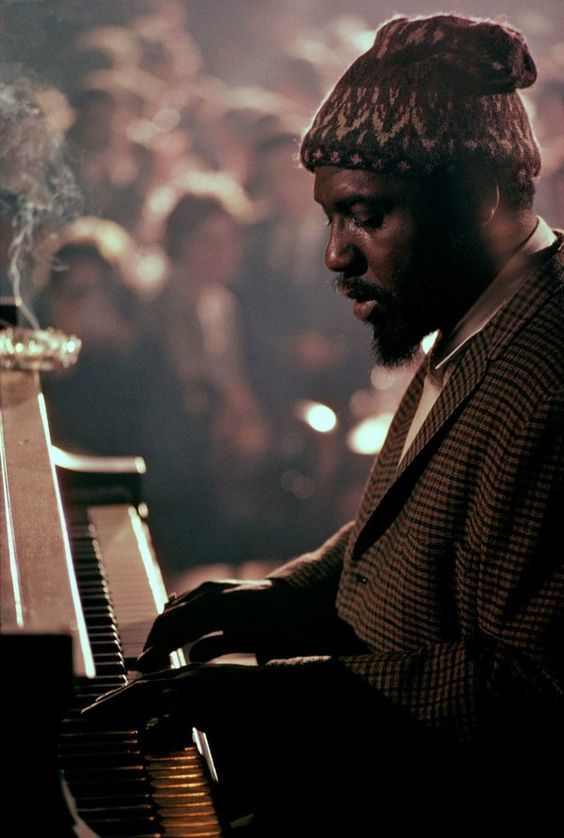
" In Walked Bud " is a 1947 jazz composition by Thelonious Monk. It was composed by Monk in honor of his friend, fellow pianist Bud Powell, and based in part on the Irving Berlin standard "Blue Skies". Monk recorded many renditions of "In Walked Bud" throughout his career, and it has been covered numerous times by other artists.
[video width="640" height="360" mp4="https://www.easypianoonline.com/wp-content/uploads/2020/06/InWalkedBud.mp4"]
Lyrics
In Walked bud
Dizzie, he was screaming
Next to O.P. who was beaming
Monk was thumping
Suddenly in walked Bud and then they got into Somethin'
Oscar played a mean sax
Mr. Byers blew a mean axe
Monk was thumping
Suddenly in walked Bud
And then the joint started jumping
Every hip stud really dug Bud
Soon as he hit town
Takin’ that note nobody wrote
Putting it down
Dizzie he was screaming
Next to O. P. who was beaming
Monk was thumping
Suddenly in walked Bud
And then they got into something
Songwriters: Thelonious Monk

Girl Talk
by Neal Hefti
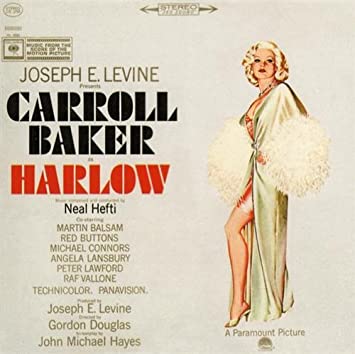
" Girl Talk " is a popular song composed by Neal Hefti, with lyrics written by Bobby Troup. It was written for the 1965 film Harlow, a biographical film about Jean Harlow, starring Carroll Baker. The song has been described by Michael Feinstein as the "last great male chauvinistic song written in the '60s".
[video width="640" height="360" mp4="https://www.easypianoonline.com/wp-content/uploads/2020/06/GirlTalk.mp4"]
Lyrics
Girl Talk
They like to chat about the dresses they will wear tonight
They chew the fat about their tresses and the neighbor's fight;
Inconsequential things that men don't really care to know
Become essential things that women find so apropos
But that's a dame, they're all the same it's just a game they call it
Girl talk, girl talk
They all meow about the ups and downs of all their friends,
The who, the how, the why -- they dish the dirt, it never ends.
The weaker sex, the "speaker" sex we mortal males behold
But though we joke, we wouldn't trade you for a ton of gold.
So baby stay and gab away, but hear me say that after
Girl talk, talk to me.
So baby stay, and gab away, but hear me say
That after girl talk, talk to me.
But that's a dame, they're all the same it's just a game they call it
Girl talk, girl talk
So baby stay, and gab away, but hear me say
That after girl talk, talk to me.
It's all been planned, so take my hand; please understand
The sweetest girl talk talks of me
Songwriters: Neal Hefti / Bobby Troup

Tara's Theme
by Max Steiner
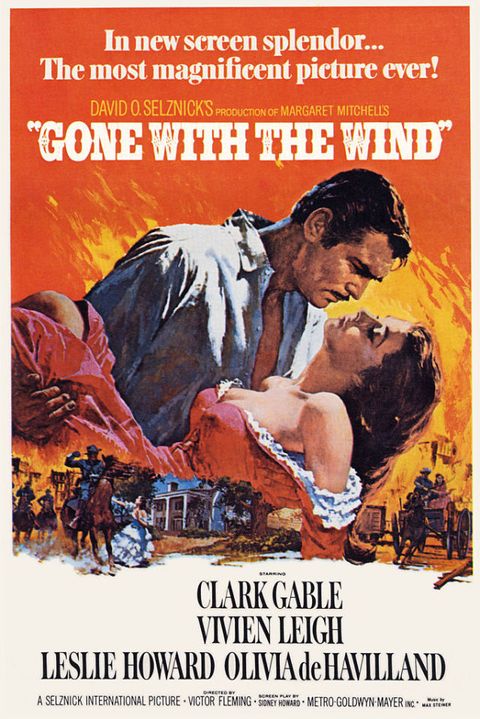
" Tara’s Theme " is the opening music from, and the main theme of the epic film Gone With The Wind. Composed by Max Steiner, it would later have lyrics added by Mack David to become "My Own True Love."
[video width="640" height="360" mp4="https://www.easypianoonline.com/wp-content/uploads/2020/06/TarasTheme.mp4"]
Lyrics
Tara’s Theme (My Own True Love)
My own true love
My own true love
At last I've found you
My own true love
No lips but yours
No arms but yours
Will ever lead me
Through Heaven's doors
I roamed the Earth
In search of this
I knew I'd know you
Know you by your kiss
And by your kiss
You've shown true love
I'm yours forever
My own true love
My own true love
Songwriters: Mack David / Max Steiner

[xyz-ihs snippet="NavigationLinksBlock-1"]
The Little Drummer Boy
by Katherine Davis
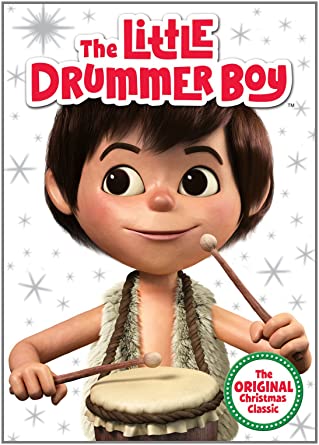
" The Little Drummer Boy " (originally known as "Carol of the Drum") is a popular Christmas song written by the American classical music composer and teacher Katherine Kennicott Davis in 1941. First recorded in 1951 by the Trapp Family Singers, the song was further popularized by a 1958 recording by the Harry Simeone Chorale; the Simeone version was re-released successfully for several years and the song has been recorded many times since.
[video width="640" height="360" mp4="https://www.easypianoonline.com/wp-content/uploads/2020/06/TheLittleDrummerBoy.mp4"]
Lyrics
The Little Drummer Boy
Pa rum pum pum pum
A new born king to see
Pa rum pum pum pum
Our finest gifts we bring
Pa rum pum pum pum
To lay before the king
Pa rum pum pum pum,
Rum pum pum pum,
Rum pum pum pum
So to honor him
Pa rum pum pum pum
When we come
Pum pum pum pum
Pa rum pum pum
Pum pum pum pum
Pa rum pum pum
Pum pum pum pum
Pa rum pum pum
Pum pum pum pum pa rum
Little baby
Pa rum pum pum pum
I am a poor boy too
Pa rum pum pum pum
I have no gift to bring
Pa rum pum pum pum
That's fit to give our king
Pa rum pum pum pum,
Rum pum pum pum,
Rum pum pum pum
Shall I play for you
Pa rum pum pum pum
Pa rum pum pum
Pum pum pum pum
Mary nodded
Pa rum pum pum pum
The ox and lamb kept time
Pa rum pum pum pum
I played my drum for him
Pa rum pum pum pum
I played my best for him
Pa rum pum pum pum,
Rum pum pum pum,
Rum pum pum pum
Then he smiled at me
Pa rum pum pum pum
Me and my drum
Come they told me
Pa rum pum pum pum
A new born king to see
Pa rum pum pum pum
Me and my drum
Me and my drum
Me and my drum
Me and my drum
Rum pum pum pum
Songwriters: Henry Onorati / Katherine K Davis / Harry Simeone

[xyz-ihs snippet="NavigationLinksBlock-1"]
The Christmas Song
by Robert Wells/Mel Torme

" The Christmas song " (commonly subtitled "Chestnuts Roasting on an Open Fire" or, as it was originally subtitled, "Merry Christmas to You") is a classic Christmas song written in 1945 by Robert Wells and Mel Tormé.
According to Tormé, the song was written during a blistering hot summer. In an effort to "stay cool by thinking cool", the most-performed (according to BMI) Christmas song was born.
[video width="640" height="360" mp4="https://www.easypianoonline.com/wp-content/uploads/2020/06/TheChristmasSong.mp4"]
Lyrics
Chestnuts roasting on an open fire
Jack Frost nipping at your nose
Yule-tide carols being sung by a choir
And folks dressed up like Eskimos
Everybody knows a turkey and some mistletoe
Help to make the season bright
Tiny tots with their eyes all aglow
Will find it hard to sleep tonight
They know that Santa's on his way
He's loaded lots of toys and goodies on his sleigh
And every mother's child is gonna spy
To see if reindeer really know how to fly
And so I'm offering this simple phrase
To kids from one to ninety-two
Although it's been said many times, many ways
Merry Christmas to you
And so I'm offering this simple phrase
To kids from one to ninety-two
Although it's been said many times, many ways
Merry Christmas to you
Songwriters: Melvin H. Mel Torme / Robert Wells

Spring
by Antonio Vivaldi
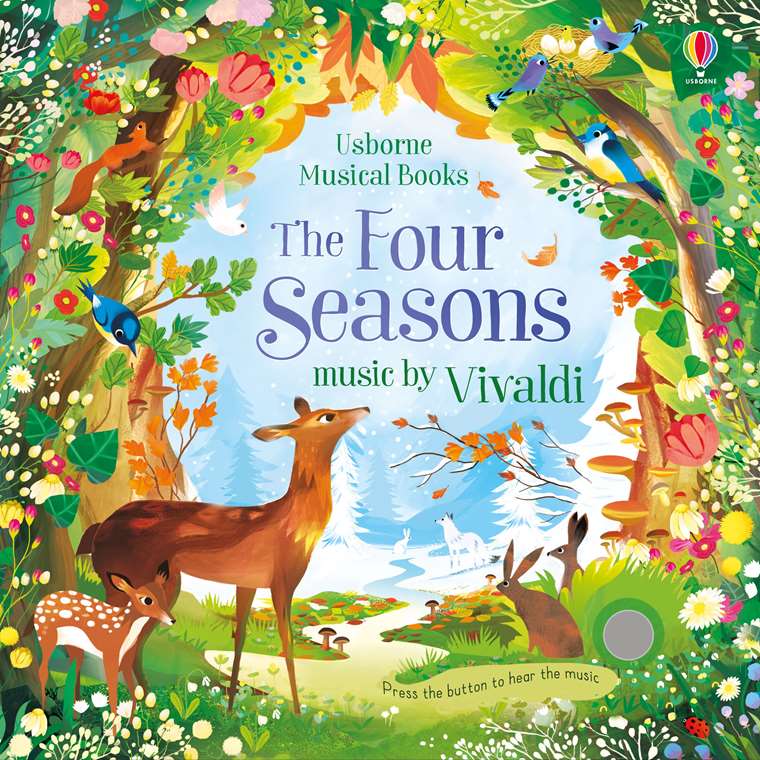
" Spring " is a violin concerti from The Four Seasons, the best known of Vivaldi's works. Though three of the concerti are wholly original, the first, "Spring", borrows motifs from a sinfonia in the first act of Vivaldi's contemporaneous opera Il Giustino. The inspiration for the concertos is not the countryside around Mantua, as initially supposed, where Vivaldi was living at the time, since according to Karl Heller they could have been written as early as 1716–1717, while Vivaldi was engaged with the court of Mantua only in 1718. They were a revolution in musical conception: in them Vivaldi represented flowing creeks, singing birds (of different species, each specifically characterized), a shepherd and his barking dog, buzzing flies, storms, drunken dancers, hunting parties from both the hunters' and the prey's point of view, frozen landscapes, and warm winter fires.
Unusually for the period, Vivaldi published the concerti with accompanying sonnets (possibly written by the composer himself) that elucidated what it was in the spirit of each season that his music was intended to evoke. The concerti therefore stand as one of the earliest and most detailed examples of what would come to be called program music—i.e., music with a narrative element. Vivaldi took great pains to relate his music to the texts of the poems, translating the poetic lines themselves directly into the music on the page. For example, in the middle section of "Spring", when the goatherd sleeps, his barking dog can be heard in the viola section. The music is elsewhere similarly evocative of other natural sounds. Vivaldi divided each concerto into three movements (fast–slow–fast), and, likewise, each linked sonnet into three sections.
[video width="640" height="360" mp4="https://www.easypianoonline.com/wp-content/uploads/2020/06/SpringVivaldi.mp4"]
Lyrics
Sonnet Text “Spring”
Allegro
Springtime is upon us.
The birds celebrate her return with festive song,
and murmuring streams are
softly caressed by the breezes.
Thunderstorms, those heralds of Spring, roar,
casting their dark mantle over heaven,
Then they die away to silence,
and the birds take up their charming songs once more.
Largo
On the flower-strewn meadow, with leafy branches
rustling overhead, the goat-herd sleeps,
his faithful dog beside him.
Allegro
Led by the festive sound of rustic bagpipes,
nymphs and shepherds lightly dance
beneath the brilliant canopy of spring.
Composer: Antonio Vivaldi

[xyz-ihs snippet="NavigationLinksBlock-1"]
Santa Claus Is Comin' To Town
by J. Fred Coots
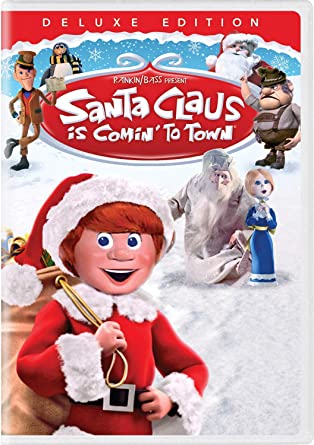
" Santa Claus Is Comin’ To Town " is a Christmas song, written by J. Fred Coots and Haven Gillespie. The earliest known recorded version of the song was by banjoist Harry Reser and his band on October 24, 1934 (Decca 264A). It was then sung on Eddie Cantor's radio show in November 1934. It became an instant hit with orders for 500,000 copies of sheet music and more than 30,000 records sold within 24 hours. Cantor's original performance, broadcast at the height of the Great Depression, included verses not in the standard version of the song, encouraging listeners to be charitable and help the less fortunate at Christmas.
[video width="640" height="360" mp4="https://www.easypianoonline.com/wp-content/uploads/2020/06/SantaClausIsCominToTown.mp4"]
Lyrics
You better watch out
You better not cry
You better not pout
I'm telling you why
Santa Claus is coming to town
He's making a list
He's checking it twice
He's gonna find out who's naughty or nice
Santa Claus is coming to town
He sees you when you're sleeping
And he knows when you're awake
He knows if you've been bad or good
So be good for goodness sake
You better watch out
You better not cry
You better not pout
I'm telling you why
'Cause Santa Claus is coming to town
(Oh, let's go)
He sees you when you're sleeping
And he knows when you're awake
And he knows if you've been bad or good
So be good for goodness sake!
You better watch out
You better not cry
You better not pout
I'm telling you why
Santa Claus is coming to town
You better watch out
You better not cry
You better not pout
I'm telling you why
Santa Claus is coming
I mean a big fat man with a long white beard
He's coming to town
Songwriters: Gillespie Haven / Coots J Fred

[xyz-ihs snippet="NavigationLinksBlock-1"]
Most Of All I Wish
You Were Here
by Denise Osso

" Most Of All I Wish You Were Here " is a song written by Denise Osso. Denise is a prolific songwriter, her music and lyrics have been recorded by artists in the U.S. and Europe and featured in film and on television. A passionate performer, she appeared Off-Broadway at The Mercer-Brecht, sang at Café Largo and the Troubadour in L.A., and at clubs all over the north side of sweet home Chicago.
[video width="640" height="360" mp4="https://www.easypianoonline.com/wp-content/uploads/2020/06/MostOfAllIWishYouWereHere.mp4"]

Jupiter
by Gustav Holst
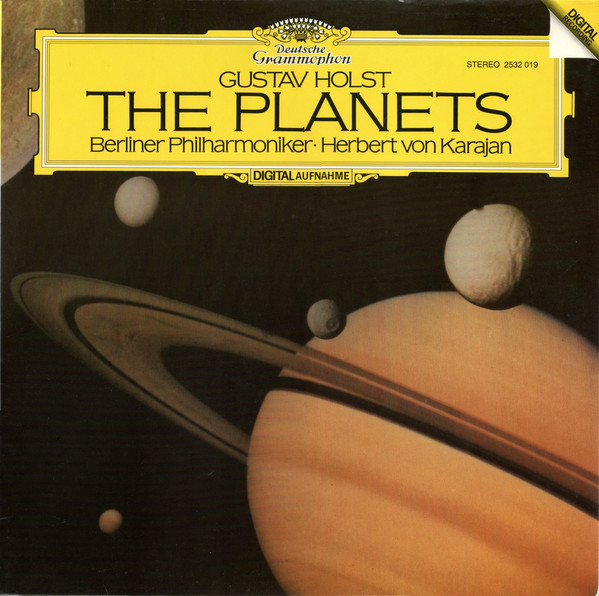
" Jupiter " “The Bringer of Jollity” is the fourth movement from The Planets, Op. 32, is a seven-movement orchestral suite by the English composer Gustav Holst, written between 1914 and 1916. Each movement of the suite is named after a planet of the solar system and its corresponding astrological character as defined by Holst. The concept of the work is astrological rather than astronomical (which is why Earth is not included, although Sun and Moon are also not included while including the non-traditional Uranus and Neptune): each movement is intended to convey ideas and emotions associated with the influence of the planets on the psyche, not the Roman deities. The idea of the work was suggested to Holst by Clifford Bax, who introduced him to astrology when the two were part of a small group of English artists holidaying in Majorca in the spring of 1913; Holst became quite a devotee of the subject, and would cast his friends' horoscopes for fun. Holst also used Alan Leo's book What is a Horoscope? as a springboard for his own ideas, as well as for the subtitles (e.g., "The Bringer of...") for the movements.
[video width="640" height="360" mp4="https://www.easypianoonline.com/wp-content/uploads/2020/06/Jupiter.mp4"]

[xyz-ihs snippet="NavigationLinksBlock-1"]
Jingle Bell Rock
by Joe Beal/Jim Boothe

" Jingle Bell Rock " is an American popular Christmas song first released by Bobby Helms in 1957 (after it was recorded in October of that year). It has received frequent airplay in the United States during every Christmas season since then. "Jingle Bell Rock" was composed by Joseph Carleton Beal (1900–1967) and James Ross Boothe (1917–1976).
[video width="640" height="360" mp4="https://www.easypianoonline.com/wp-content/uploads/2020/06/JingleBellRock.mp4"]
Lyrics
Jingle bell, jingle bell, jingle bell rock
Jingle bells swing and jingle bells ring
Snowin' and blowin' up bushels of fun
Now the jingle hop has begun
Jingle bell, jingle bell, jingle bell rock
Jingle bells chime in jingle bell time
Dancin' and prancin' in Jingle Bell Square
In the frosty air
What a bright time, it's the right time
To rock the night away
Jingle bell time is a swell time
To go glidin' in a one-horse sleigh
Giddy-up jingle horse, pick up your feet
Jingle around the clock
Mix and a-mingle in the jinglin' feet
That's the jingle bell rock
Jingle bell, jingle bell, jingle bell rock
Jingle bell chime in jingle bell time
Dancin' and prancin' in Jingle Bell Square
In the frosty air
What a bright time, it's the right time
To rock the night away
Jingle bell time is a swell time
To go glidin' in a one-horse sleigh
Giddy-up jingle horse, pick up your feet
Jingle around the clock
Mix and a-mingle in the jinglin' feet
That's the jingle bell
That's the jingle bell
That's the jingle bell rock
Songwriters: Joseph Beal / James Boothe

[xyz-ihs snippet="NavigationLinksBlock-1"]
Frosty The Snowman
by Steve Nelson/Walter Rollins
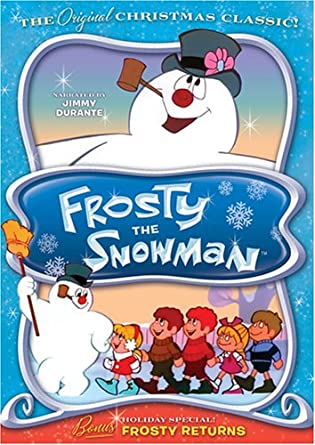
" Frosty The Snowman " is a popular Christmas song written by Walter "Jack" Rollins and Steve Nelson, and first recorded by Gene Autry and the Cass County Boys in 1950 and later recorded by Jimmy Durante. It was written after the success of Autry's recording of "Rudolph the Red-Nosed Reindeer" the previous year; Rollins and Nelson shipped the new song to Autry, who recorded "Frosty" in search of another seasonal hit. Like "Rudolph", "Frosty" was subsequently adapted to other media including a popular television special by Rankin/Bass Productions, Frosty the Snowman.
[video width="640" height="360" mp4="https://www.easypianoonline.com/wp-content/uploads/2020/06/FrostyTheSnowman.mp4"]
Lyrics
Frosty the snowman
Was a jolly happy soul
With a corncob pipe and a button nose
And two eyes made out of coal
Frosty the snowman is a fairy tale they say
He was made of snow
But the children know
How he came to life one day
There must have been some magic in that
Old silk hat they found
For when they placed it on his head
He began to dance around
O Frosty the snowman
Was alive as he could be
And the children say he could laugh and play
Just the same as you and me
He led them down the streets of town
Right to the traffic cop
And he only paused a moment when
He heard them holler "Stop!"
Frosty the snow man
Had to hurry on his way
But he waved goodbye saying
"Don't you cry I'll be back again some day"
Oh oh oh
Oh oh oh
Oh oh oh yeah
Songwriters: Jack Rollins / Steve Nelson



